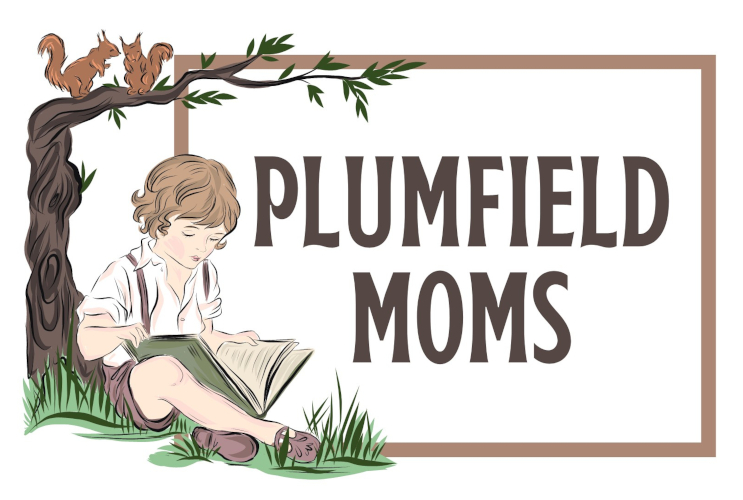The Pickle-Chiffon Pie Olympics

Author:
Roger Bradfield
Illustrator:
Roger Bradfield
Publication:
2010 by Purple House Press
Genre:
Fairy Tales, Fiction, Folk Tales, Humor, Picture Books
Pages:
64
Current state:
Basic information has been added for this book.
It has been read but content considerations may not be complete.
Book Guide
Search for this book used on:
After nearly 50 years Jolly Roger wrote his sequel to Pickle-Chiffon Pie: Here’s the tale of a fourteenth-century Olympics, with sports like dragon wrestling and the 100-yard moat swim, in which the victor wins the hand of a fair princess — along with a surprise ending!
I, King Rupert Pickle XIV, hereby declare that all the characters and events chronicled in this tale are true and authentic. All the people portrayed by the author lived at the time of the Pickle-Chiffon Pie Olympics held in June of 1348.
The Olympic events reported in the story (dragon wrestling, the giant climb, the moat swim, etc.) actually took place and the winners accurately reported herein. None of the names were changed, nor were locations altered.
I have affixed my royal seal and do hereby attest to the accuracy of this statement. (Well, sort of.)
Rupert XIV
From Purple House Press
Resource Guide
Episode 70: Why Read Fairy Tales?
Released in 2020 by The Literary Life
Available formats: Streaming Audio
Length: 1 hr. 29 min.
View on the The Literary Life site
"Angelina Stanford and Cindy Rollins tackle the topic of fairy stories, discussing the what, why and how of reading them. Angelina shares the distinctive characteristics of fairy stories in contrast to other types of stories, such as myths. They deal with the question of whether fairy tales are 'escapist', the influence of the Grimm brothers scholarly work on interpreting fairy stories, and allowing the story to unveil its deeper truths without forcing meaning onto it.
Angelina gives an illustration of how to see the gospel messages in fairy tales by talking us through the story of Sleeping Beauty. She refutes the ideas that fairy tales are about human romance or are misogynistic. She also highlights some of the Enlightenment and Puritan responses to fairy tales that still linger with us today. Cindy and Angelina also discuss some common concerns such as the magical, weird, or scary aspects of fairy tales. Angelina also makes a distinction between folk tales, literary fairy tales, and cautionary tales."
Reviews

The Pickle Chiffon Pie Olympics
Reviewed by Sara Masarik
About ten years ago, Jill Morgan was working with Roger Bradfield on the republishing of Pickle-Chiffon Pie. In one of his letters to her, he sent Jill a few pages of creative scribbling. Jill enjoyed those pages and tucked them away in a drawer. A few years later, Jill found the pages and sent them back to him telling him how much she enjoyed rediscovering them. Together they agreed that those scribbles were the making of a sequel!
Find This Book
Search for this book used on:



